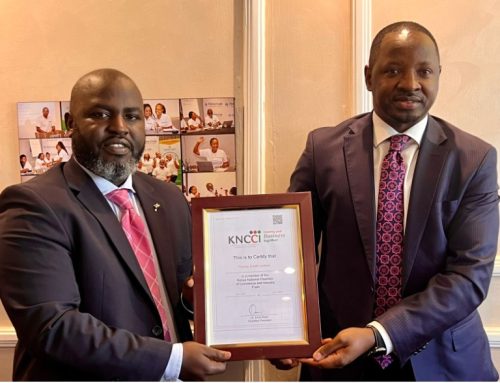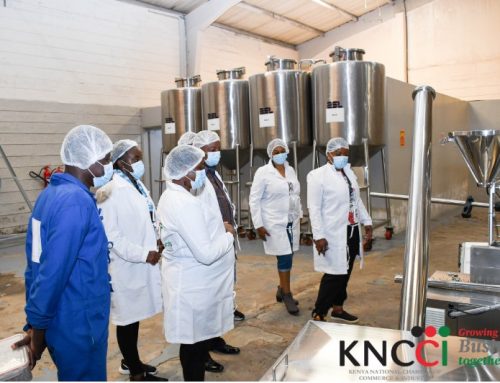How can the public prevent COVID-19?
1) Develop good personal hygiene habits. Pay attention to personal hygiene. Cover your mouth
and nose with a tissue when coughing or sneezing. Wash your hands frequently. Do not
touch your mouth, eyes, and nose with dirty hands, and do not spit on the ground.
2) Avoid dinner parties. People who have dinner together are in close contact with each other.
The droplets produced by coughing and sneezing can directly contaminate the whole group
of people who have dinner together and easily cause the spread of disease. In order to
prevent the spread of the 2019-nCoV, please do not have dinner together.
3) Avoid public places. There are many people in public places with large turnover and
complicated personnel composition. Once there are virus carriers, it is easy to cause humanto-human transmission, especially in crowded public places with poor air mobility, such
as shopping malls, restaurants, cinemas, Internet cafes, stations, airports, docks and
exhibition halls.
4) Open the window frequently for ventilation. The indoor environment is airtight, easy to
cause bacteria breeding, increase the risk of human infectious disease. Frequent window
ventilation can effectively reduce the content of indoor pathogenic microorganisms and
other pollutants, the ultraviolet ray in the sun and sterilization. Therefore, windows should
be opened every morning, noon and night for at least 15 minutes.
5) Keep the room clean. The door handle,remote control, mobile phone, telephone
landline, toilet ring, children’s toys, etc.are commonly used by family members.After being contaminated by germs,
these items become important carriers and media for disease transmission.For the health of family members, they
should always be cleaned with a wet towel or paper towel, if necessary, use a household disinfectant.
6) Wash your hands frequently. A variety of diseases can be transmitted by hand. For example,
food contaminated by germs can spread digestive tract diseases, rubbing the eyes can
transmit red eye disease, keratitis and other diseases, and pulling the nose can transmit
respiratory diseases. Wash your hands promptly after returning home, before and after meals,
and covering your mouth and nose with your hands when coughing or sneezing. When
washing your hands, use running water and soap or hand sanitizer.
7) Wear a mask when going out. The public should wear disposable medical masks (children
choose products with equivalent performance) when going out to public places, seeking
medical treatment (except for fever clinics), and taking public transportation. Do not spit
on the ground. Wrap nose and nose secretions with tissue paper, and dispose of them in a
covered dustbin.
8) Develop a healthy lifestyle. Reasonable diet, not overeating, meat and eggs should be thoroughly
cooked. Don’t smoke, and don’t drink too much. Balance work and rest, not staying up late,
and do proper exercises.
9) Health monitoring. Try to avoid close contact with people who have symptoms of respiratory
diseases such as fever, coughing or sneezing. Active temperature measurement when you feel
consciously feverish. If there is a child in the family, touch the child’s forehead in the morning and
evening. If there is a fever, take a temperature measurement. If you find any symptoms of fever,
dry cough, or fatigue in your family, please seek medical advice immediately.
10) Do not touch, hunt, process, transport, kill or eat wild animals.







Leave A Comment